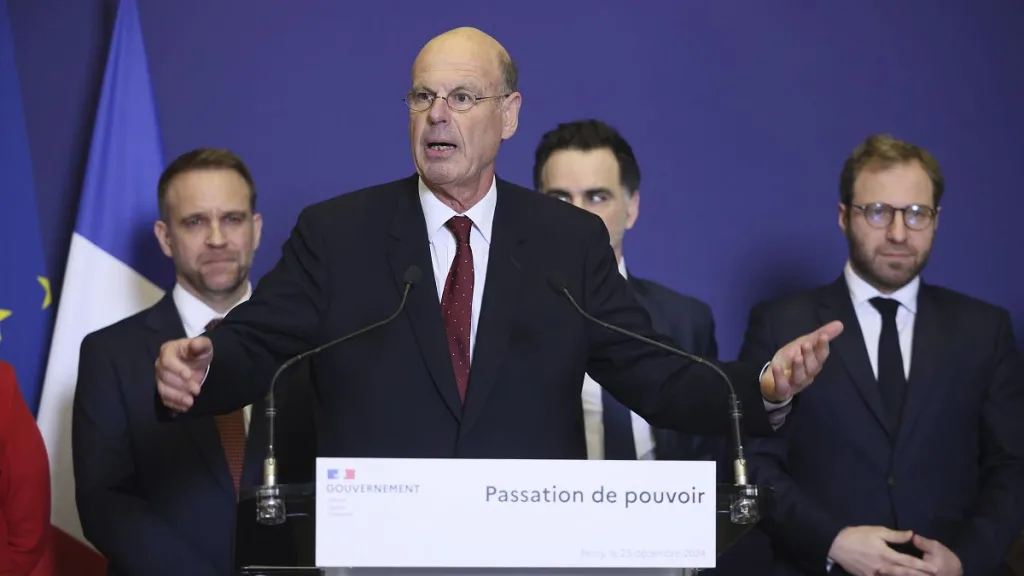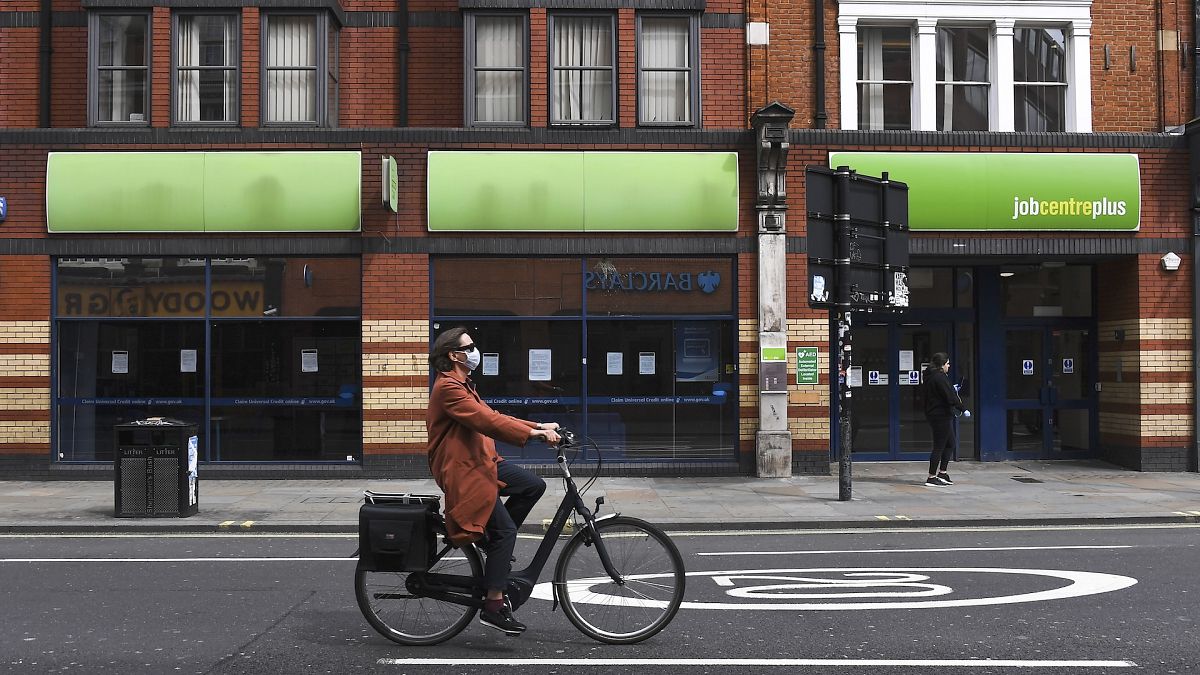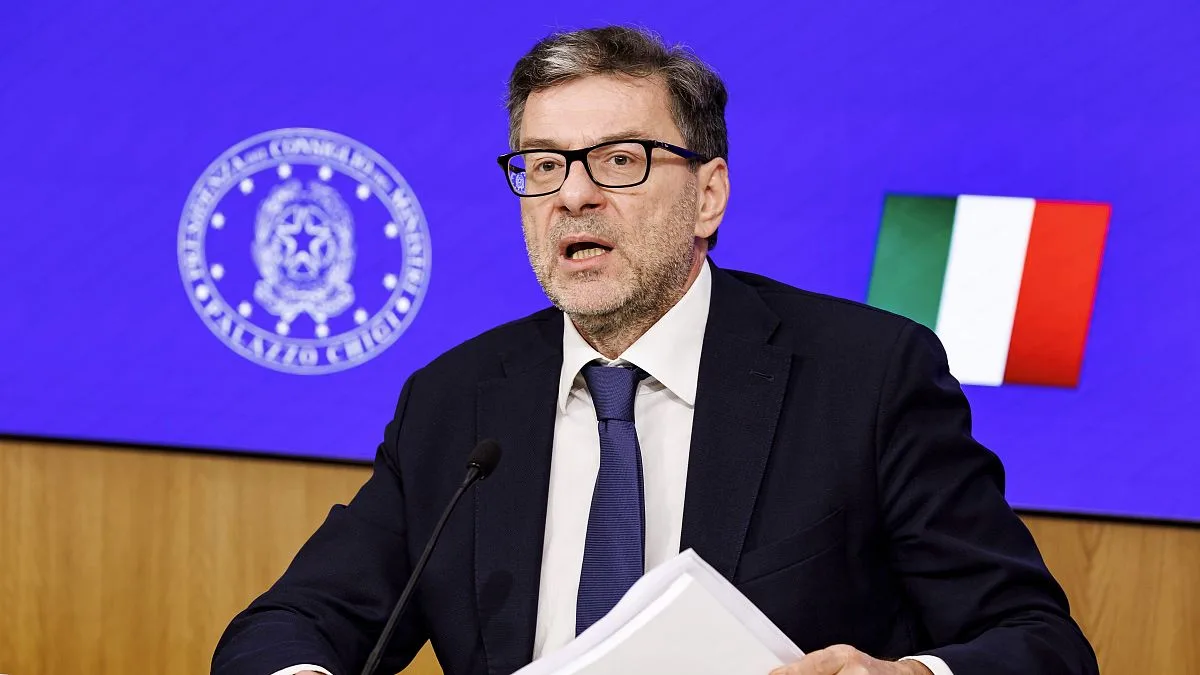“The target we have set provides greater flexibility compared to the previous government’s goals,” stated Finance Minister Éric Lombard.
The French government’s new approach aims to reduce the national deficit to a range of 5% to 5.5% of GDP as part of its budget for 2025.
“We must alter our current direction,” Lombard shared during an interview on France Inter radio.
This announcement comes as France anticipates a 2024 deficit of 6.1%, a situation exacerbated by budgetary disagreements that led to the fall of the previous Barnier administration before Christmas.
Lombard emphasized the need to safeguard economic growth, cautioning that setting the deficit target below 5% could be excessively restrictive.
“Our businesses are the driving force behind wealth and employment creation,” he remarked.
The new fiscal target offers “a little more flexibility” than the previous administration’s approach, Lombard added.
The budget aims to raise €50 billion through tax increases and spending cuts, which is less than Barnier’s original €60 billion target.
The specific fiscal measures within the budget are still under review, with Lombard scheduled to meet with political leaders this week to gather their insights on the proposed strategies.
Representatives from various political parties have responded positively to his invitation to discuss the measures, except for La France Insoumise (LFI), which has opted out of consultations prior to the government’s policy speech and the National Assembly’s budget vote.
Nonetheless, LFI’s Éric Coquerel plans to speak with Lombard on Thursday in his role as chair of the finance committee in the National Assembly.
A Week of Consultations
Lombard, alongside new Prime Minister François Bayrou, is working to persuade political figures who previously rejected the budget outlined by the former government.
Lombard clarified during his interview that the consultations would not be viewed as negotiations, asserting his willingness to push back against demands from political adversaries.
“If we negotiate with everyone, we’ll find ourselves once again at an impasse with no feasible solutions. We will listen, consider perspectives, draft a plan, and present it to the parties for their decision,” he stated.
The recent no-confidence vote that dismantled the previous government arose from a series of political crises, instilling further uncertainty in the nation as the new year approaches.
In mid-December, France’s Senate passed an emergency bill to maintain essential services during this transitional period.
However, the Bank of France has cautioned that over-reliance on temporary legislation could significantly inflate the 2025 deficit.
Bank of France Governor Francois Villeroy de Galhau has urged the government to target a deficit closer to 5% for 2025.
Addressing Tax and Pensions
France has already faced disciplinary action from the EU for exceeding the bloc’s deficit limit of 3% of GDP.
Lombard affirmed on Monday that the government is committed to achieving this 3% target by 2029.
He expressed optimism about finding common ground with socialist, communist, and green parties on the issue of “fiscal justice.”
Increased government revenues could be sourced by ensuring that high-income earners pay their equitable share of taxes, he mentioned during the France Inter interview.
When questioned about potential changes to France’s controversial pension reform, which raised the retirement age to 64, Lombard indicated that all options remain on the table.
Photo credit & article inspired by: Euronews



